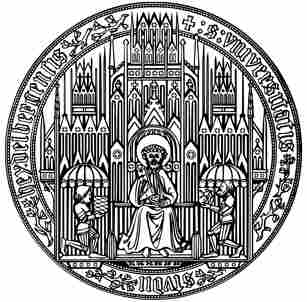3.12.2009
Universität Heidelberg Reflections on the Cult of the Nation and Early Fascism: D’Annunzio at Fiume
Universität Heidelberg Reflections on the Cult of the Nation and Early Fascism: D’Annunzio at Fiume
For Italy the consequence of World War I was a very successful national consolidation that concluded the process of national unification: Italy could reach its ethnical and “natural” borders virtually everywhere and Italian minorities outside the nation-state were relatively small. Despite this, the question of Fiume (today’s Rijeka in Croatia) fomented a strong nationalistic wave in Italy, which condemned the so-called “mutilated victory” and culminated in September 1919 in the occupation of the city of Fiume by the poet- warrior Gabriele D’Annunzio. During the 16 months of occupation, D’Annunzio created a new style of mass communication based on the cult of the nation. Constitutive for this cult of the nation was a great variety of religious metaphors, symbols and rituals which D’Annunzio invented and which recurred on the “mental maps” of a generation of young soldiers who were forged by the apocalyptical experiences in the trenches during the war.
